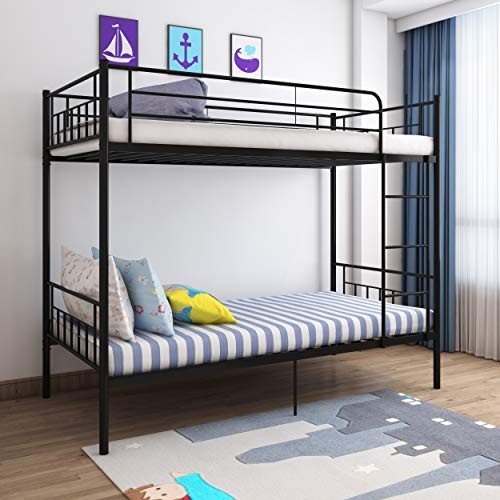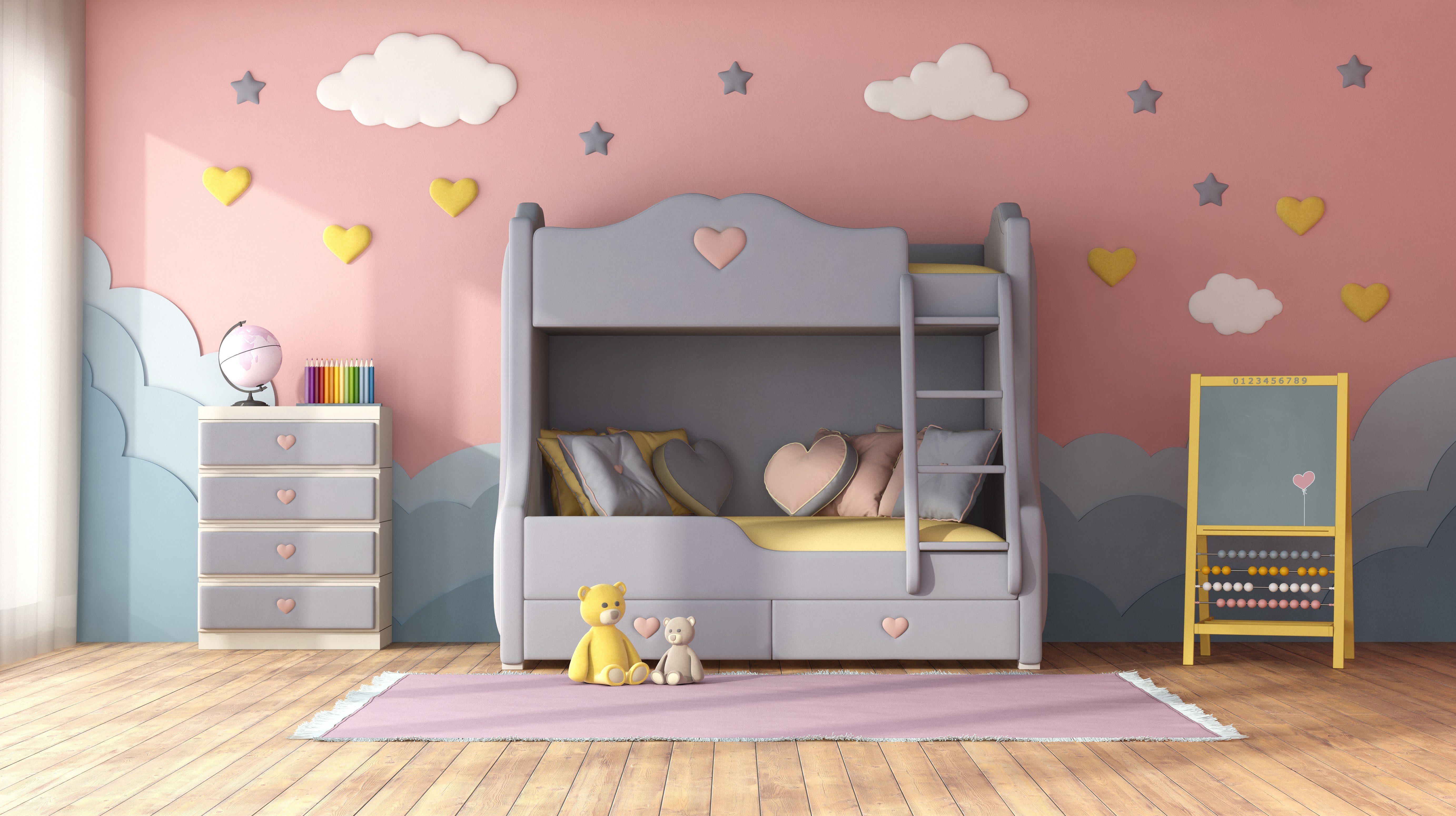toddler_bunk_beds8167
About toddler_bunk_beds8167
Ten Bunk Beds Sales That Really Help You Live Better
Bunk Beds Sale: A Comprehensive Guide to Choosing the Right Bunk Bed for Your Home
Bunk beds have long been a staple in children’s bed rooms, using a mix of space-saving effectiveness and enjoyable. Whether accommodating brother or sisters, pals on slumber parties, or merely taking full advantage of a playroom, bunk beds have actually ended up being a necessary aspect in modern-day family homes. As sales on bunk beds increase, it ends up being significantly essential for customers to make educated decisions when purchasing one. This short article will cover the fundamentals of purchasing a bunk bed, from types to safety functions, along with suggestions for preserving the stability of your investment.
Kinds Of Bunk Beds
When thinking about a bunk bed sale, it’s important to comprehend the various designs readily available on the marketplace. Below are the most typical types:
-
Traditional Bunk Beds: These consist of 2 beds stacked one above the other, sharing a single frame. They are frequently the most affordable choice.

-
L-Shaped Bunk Beds: This style features one bed placed vertically and another horizontally. This arrangement creates additional space underneath the upper bed, which can be utilized for storage or a play location.
-
Lofted Beds: Similar to conventional bunk beds but without any lower bed. Instead, the space underneath can be used for a desk, play location, or additional storage.
-
Triple Bunk Beds: For families with a bigger number of kids or regular slumber parties, triple bunk beds supply 3 sleeping locations in a space-efficient design.
-
Futon Bunk Beds: These styles merge bunk beds and futon sofas. The bottom area transforms into a different seating area, improving functionality.
-
Convertible Bunk Beds: These beds can be separated into 2 private beds, making them versatile as kids’s requirements change in time.
Table 1: Comparison of Bunk Bed Types
| Type | Description | Space Efficiency | Extra Features |
|---|---|---|---|
| Traditional Bunk Beds Sales Bed | 2 beds stacked vertically | High | Easiest style |
| L-Shaped Bunk Bed | One vertical and one horizontal bed | Moderate | Play or storage space |
| Lofted Bed | Raised bed with open space listed below | High | Work/play area |
| Triple Bunk Bed | Three stacked beds | Really High | Accommodates more users |
| Futon Bunk Bed | Bunk bed with a convertible futon | High | Multi-functional |
| Convertible Bunk Bed | Can be split into two separate beds | Moderate | Flexibility & & longevity |
Security Features to Consider
Safety is critical when purchasing a bunk bed. Below are key security features to look for:
-
Guardrails: Adequate guardrails need to be present on both sides of the upper bunk to avoid falls. They need to be at least 5 inches greater than the bed mattress.
-
Ladder Design: Look for tough, large ladders with slip-resistant rungs. Ensure that the angle is not too steep for easy gain access to.
-
Stability: Ensure the bed is built with strong products, such as strong wood or durable metal. The bed should not wobble when in use.
-
Weight Limit: Check the weight capability of the bunk bed to ensure it can accommodate the intended users safely.
-
Product Safety: If possible, choose beds made from non-toxic products or those fulfilling safety standards for kids’s furniture.
Table 2: Essential Safety Features
| Function | Description | Value |
|---|---|---|
| Guardrails | Sides of upper bed to prevent falls | Vital for child security |
| Ladder Design | Strong, slip-resistant rungs | Aids safe and easy gain access to |
| Stability | Construct quality to avoid wobbling | Ensures safety and longevity |
| Weight Limit | Maximum weight capability | Avoids mishaps |
| Product Safety | Non-toxic, safe materials | Protects kids’s health |
Upkeep Tips for Bunk Beds
To extend the life of your bunk bed and ensure ongoing safety, consider the following upkeep ideas:
-
Regular Inspections: Periodically inspect the structure for loose screws, bolts, or any indications of wear. Tighten up fasteners as needed.
-
Tidy Periodically: Dust and tidy the surface areas regularly. Use appropriate cleaners that will not harm the surface.
-
Examine Weight Limits: Be conscious of weight limits, particularly with older children or adults who might want to use the upper bunk.
-
Avoid Climbing on Guardrails: Educate kids not to use guardrails for climbing up or playing to minimize the threat of accidents.
Frequently Asked Questions (FAQs)
Q1: What is the age limitation for children to securely use bunk beds?A: While it varies by the producer, lots of suggest that children under six ought to not sleep in the upper bunk due to safety issues.

Q2: How can moms and dads discourage hazardous climbing?A: Setting clear guidelines about bunk bed usage and supervising kids can help. Additionally, utilizing a bed tent can prevent climbing while producing a fun sleep environment.
Q3: What should I consider when embellishing a space with bunk beds?A: Ensure there suffices space around the bunk bed for safe motion, and utilize the decoration to create individualized spaces for each child.
Q4: Is a lofted bed suitable for older kids?A: Yes, lofted beds can be appropriate for older kids as long as they meet security requirements and the kid is accountable enough to use them securely.
Bunk beds serve a practical purpose while adding an aspect of fun to a child’s bed room. As sales of bunk beds continue to increase, cautious factor to consider of types, safety features, and upkeep practices is important for parents and caregivers. By comprehending these important aspects, households can find the perfect bunk bed for their home, making sure both functionality and security for years to come. Whether it’s for siblings sharing a room or creating a relaxing sleepover space, a well-chosen bunk bed can supply pleasure and practicality, making it a worthwhile investment.
No listing found.
 Add Listing
Add Listing